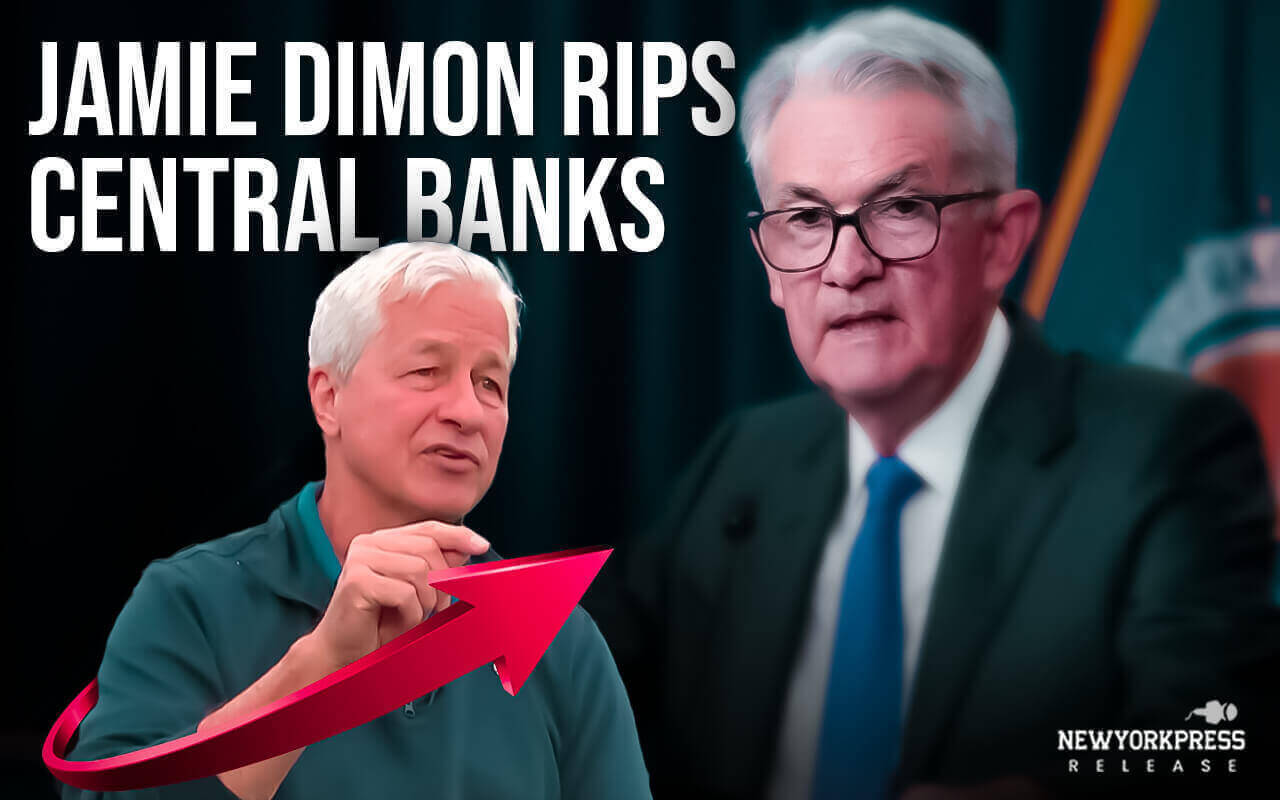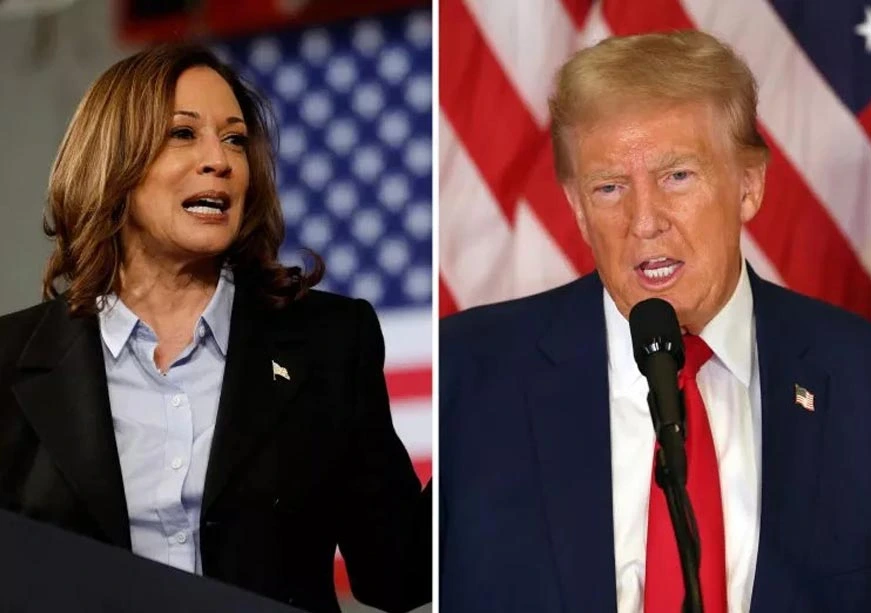Jamie Dimon, CEO of JPMorgan Chase, warned on Tuesday about the dangers of sticking to an outlook regarding the economy, especially considering the weak recent track record of central banks such as the Federal Reserve.
In the latest of several warnings about what lies ahead from the head of the biggest US bank by assets, he said that a slew of variables at work now can make things even more challenging.
“Prepare for possibilities and probabilities, not calling one course of action, since I’ve never seen anyone call it,” Dimon said during a panel discussion at the Future Investment Initiative summit in Riyadh, Saudi Arabia.
“I want to point out the central banks 18 months ago were 100% dead wrong,” he added. “I would be quite cautious about what might happen next year.”
The remarks allude to the Fed’s forecast in early 2022 and for the majority of the last year, when central bank officials believed that the inflation increase would be “transitory.”
As per the predictions released in March 2022, along with the price misdiagnosis, Fed officials projected their primary interest rate to grow to just 2.8% by the end of 2023—it is now north of 5.25%—and core inflation to remain at 2.8%, 1.1 percentage points lower than its current level as measured by the central bank’s preferred gauge.
Dimon slammed “this omnipotent feeling that central banks and governments can manage through all this stuff. I’m cautious.”
The majority of Wall Street was worried about whether the Fed would raise interest rates by another quarter percentage point before the end of the year. But Dimon said, “I don’t think it makes a piece of difference whether the rates go up 25 basis points or more, like zero, none, nada.”
In previous recent warnings, Dimon warned of a possible situation in which the federal funds rate will exceed 7%. When the bank’s quarterly report was revealed earlier this month, he warned, “This may be the most dangerous time the world has seen in decades.”
“Whether the whole curve goes up 100 basis points, I would be prepared for it,” he went on to say. “I don’t know if it’s going to happen, but I look at what we’re seeing today, more like the ’70s, a lot of spending, a lot of this can be wasted.” (A basis point is equivalent to 0.01%.)
In other financial news, Dimon stated that he supports ESG principles but chastised the government for playing “whack-a-mole” with no cohesive approach.
“You can’t build pipelines to reduce coal consumption.”




